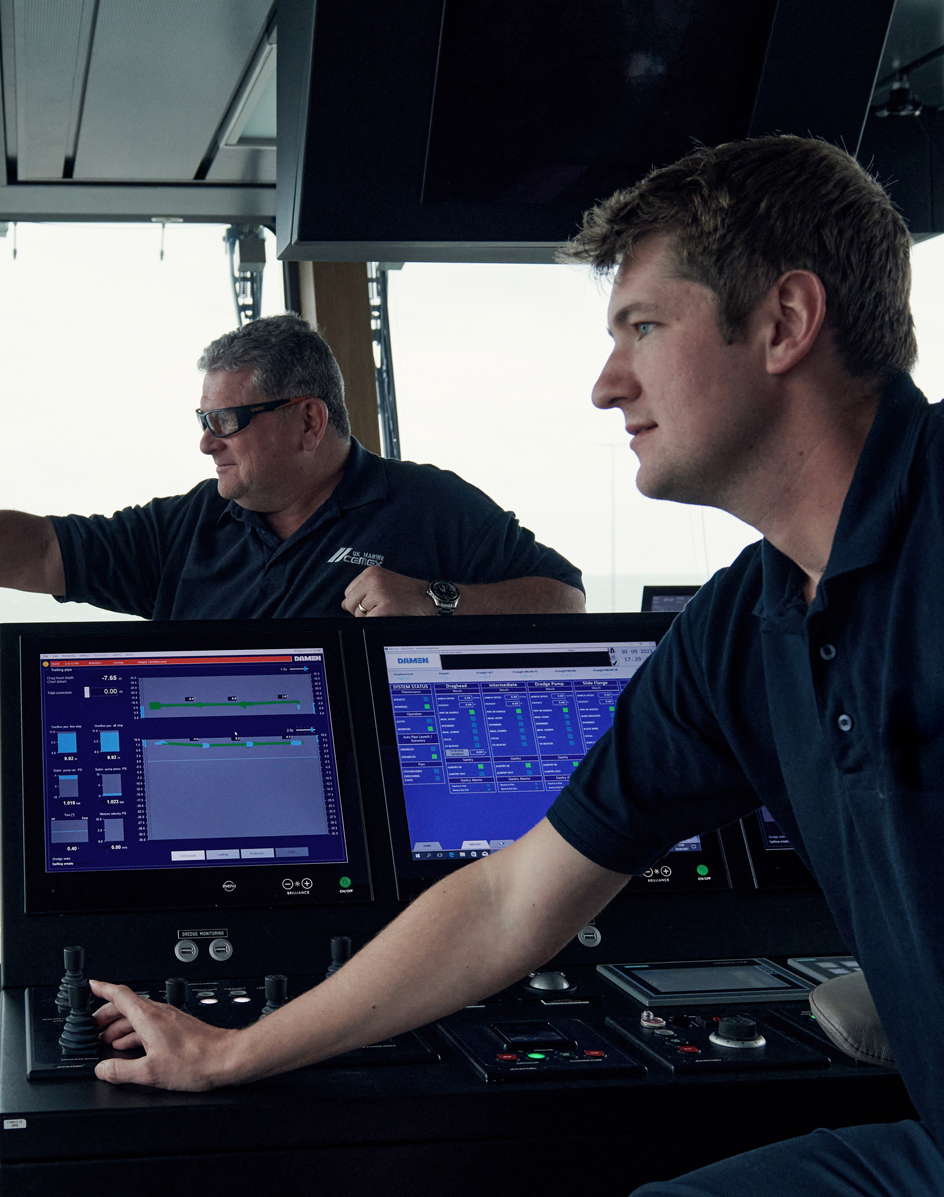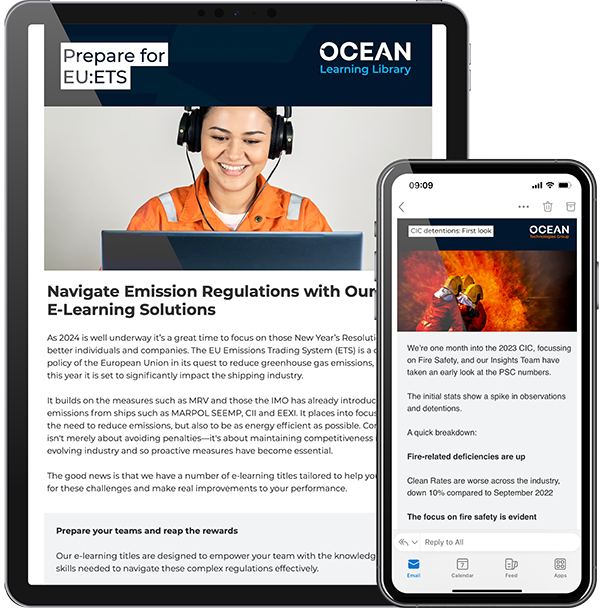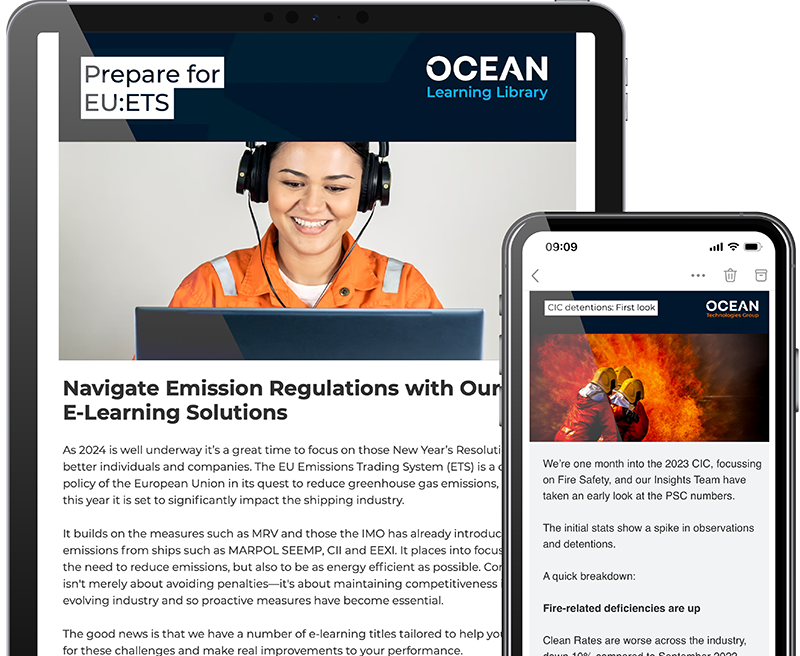Improving Port State Control Performance with the OTG Crew Evaluation System (CES)
In today’s maritime industry, recruiting skilled seafarers is becoming increasingly difficult, and hiring someone who doesn’t meet the necessary standards can put safety and operations at risk. In situations where a crew member needs to be replaced due to a lack of knowledge or competence, the cost of doing so can be significant.
Using the OTG Crew Evaluation System (CES) can eliminate these risks. CES provides a clear, benchmarked picture of a candidate’s knowledge during the recruitment process, allowing you to assess them against your requirements and the wider industry. It’s also a valuable tool for understanding the knowledge levels of the people already within your business. For companies outsourcing their crewing, CES offers even more value as it is infinitely scalable and can be administered remotely, giving you full confidence in your recruitment decisions.
Understanding CES and Its Role
CES is built specifically to evaluate the knowledge of maritime professionals. CES was initially developed to verify that a candidate or existing crew member possesses the required STCW knowledge, ensuring their competence aligns with their certification. Over the years, CES has been further developed into a comprehensive tool that offers pre-recruitment, pre-promotion, and specialised detail tests, making it an invaluable tool for managers responsible for crewing and training.
The value of CES is evidenced by its high volume of use, with over 30,000 tests conducted monthly, translating to nearly 400,000 tests annually. This extensive adoption underscores the trust companies put in the results and its effectiveness as a screening tool. The CES database contains 6,500 multiple-choice questions covering a broad range of topics crucial for maritime operations. These questions are meticulously aligned with STCW guidelines, ensuring that the results give a fair and accurate reflection of a candidate in-line with required standards.

Using CES positively correlates with Port State Control (PSC) performance.
Specifically, OTG customers using CES see 14% fewer deficiencies than customers not using CES.
See how CES can transform your crew’s performance.
Using CES to inform training
After a CES test is completed, managers receive detailed feedback on the individual’s performance, highlighting both any critical knowledge gaps and areas where further improvement is needed. This detailed feedback allows training managers to instantly identify areas of risk and make data-driven decisions on how to limit any risk – such as with targeted training plans to close the knowledge gap to ensure safety and compliance.
Maritime professionals and experts consistently praise CES for its effectiveness and flexibility. Torger Tau, Assessment Portfolio Manager at OTG, sharing a recent conversation with a crew manager from a leading shipping company, said “The customer told me that ‘using CES has transformed our recruitment and training processes. The tailored assessments ensure that we hire the right people with the right skills, and the continuous feedback helps us to maintain high standards.’”
The Importance of CES
Investing in advanced assessment tools like CES for recruitment and ongoing review of crew knowledge helps ensure compliance with regulatory requirements, reduce risk, and can improve operational efficiency. As the maritime industry continues to evolve, tools like CES remain indispensable in maintaining high standards of safety, compliance and operational excellence.
To learn more about CES, book a demo with us today.

Want to be first to hear all our news?
Subscribe to our Newsletter to keep up to date!

